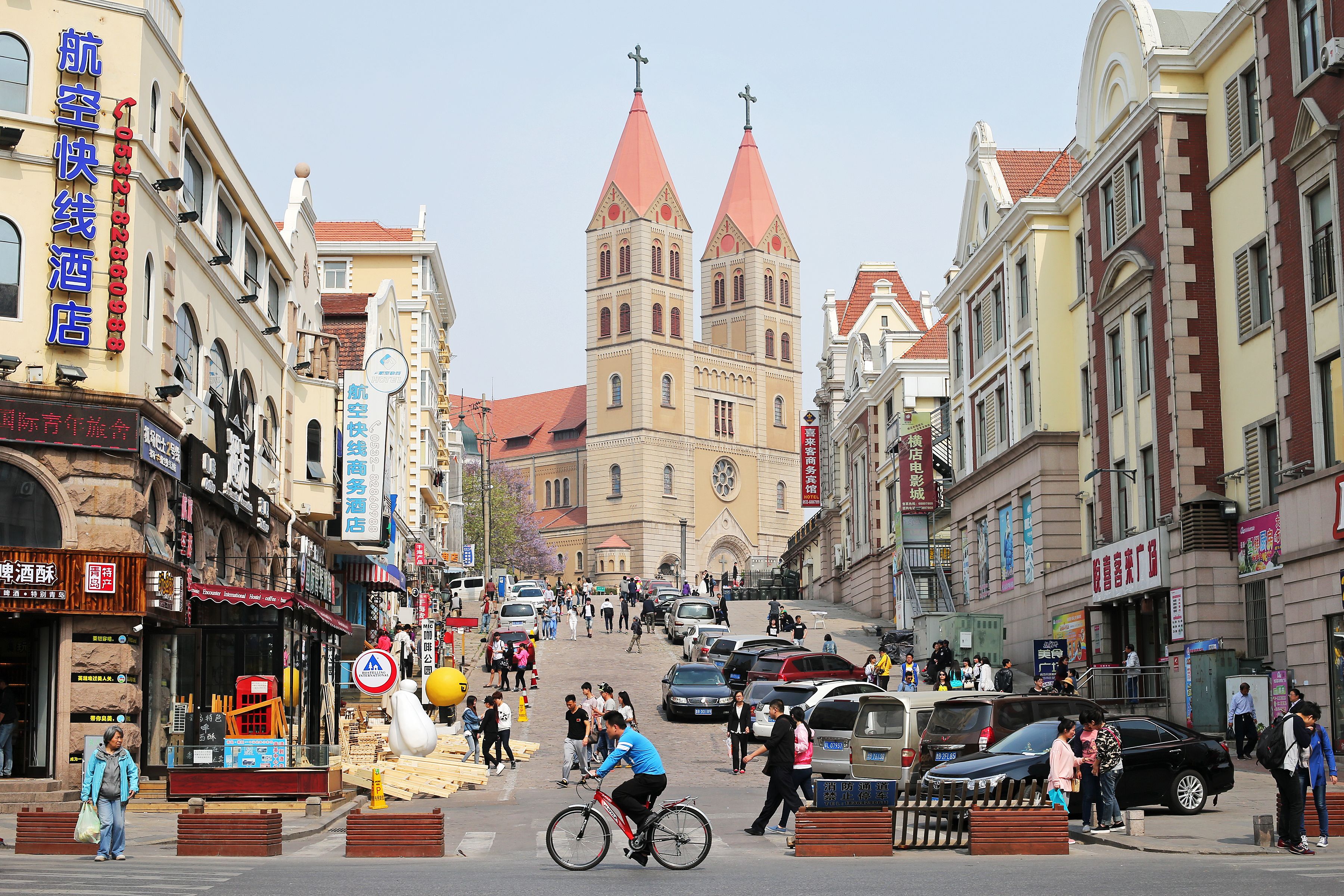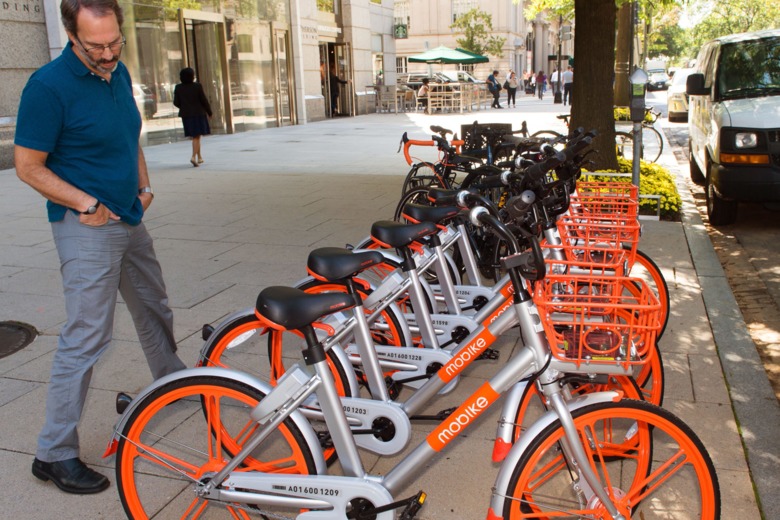Shopping complex, malls, supermarkets, housing apartments, office buildings etc. are well built across the city. To find a barren piece of land in China would be really difficult. In accord with estimation of a rising population, a lot of residential property was built, which are now unoccupied hence, many ‘ghost towns’. Our university professor told us a fact that the amount of cement consumed by China in the last 4 years is more than what the USA has consumed in last 100 years and this can be validated after witnessing China’s infrastructural development.

Our university was in Qingdao, which is a tier-2 city despite which – metro, public buses, hired cabs (DIDI), shared bicycles (OFO, Hello, Mobike) are all available for the commute. The passenger can use an online app for the bus which would facilitate the passenger to track the real-time position of the bus. The bus ticketing system is quite advanced; passengers can pay through a mobile app, RFID cards or cash (1 yuan or 10 Rupees) for the ride any point A to any point B on the bus route.
Another popular mode of commute is shared bicycles – a trending example of shared economy, realized in the west but championed in China. One can use bicycle on sharing basis and is charged on basis of consumption; calculated in terms of time (0.5 Yuan for 30 minutes, generally), unlock the cycle by scanning the QR code, ride it, lock it & leave it at the destination – all done through a mobile app.


For China module, our classes were first conducted by Ocean University of China, Qingdao. The university had three different campuses in three different parts of the city. We were allotted apartments in the newly built Laoshan campus. Olympic standard sports facilities were available at the campus. There were around 30 basketball courts, 6 lawn tennis court, two football ground with running track around it, a separate building for indoor games etc. The university was an open university, anybody could come and go at any point in time. Automatic entry and exit of vehicles were set up at all the gates.
Classes would start at 8.30 am in the morning and would end up by 4.30 pm in the evening. Days were shorter as it was winters. Being from India we found the canteen timings strange! Breakfast: 6.30 am – 8 am, Lunch: 11.30 am – 2 pm and Dinner: 5.30 pm – 7 pm. Students would take bath in community bathrooms, preferably only in the evening. Community baths i.e. common baths is strange for most outsiders but China coming from history of water scarcity learnt to share water to preserve it.
China is a cashless economy to an extent, no one uses cash for any purchase, in fact at some places they don’t even accept cash. In the university, students will use their ID cards to pay at the mess, library, etc. and in the city mobile wallets such as Alipay & Wechat are used by every vendor, even by weekly vegetable shopkeepers who set their shops once a week.


Natives can be seen drinking tea all the time and they follow this culture in their office as well. In a Chinese company, work starts sharp from 8.30 am to sharp 5 pm with a lunch break of 1 hour 30 minutes. They are generally punctual. Discussions related to business will be done in a scheduled meeting only, informal discussions are a rare occurrence. The dedication of Chinese employees towards their work is commendable, they won’t delay a job or an activity assigned to them. They are very active and structured towards their jobs and duties. This attitude towards work is applicable not only in private companies but also in state-owned enterprises and that’s how they have developed their economy consistently. Natives are very welcoming. They would like to talk to you, would help proactively.
Its advised to learn Mandarin before coming to China as there is a very small portion of the population who understand or speak English. However google translate (with VPN) or other translator apps (Pleco, Chines dictionary) are good enough but makes the process slow.
For Indians especially, a trip to China is a boon because of the phenomenal learning experience and innumerable business opportunities. As seen on TV, in reality too Chinese are very fit, a contribution of their cuisine which is generally free of fat and extensive labor.
Although, even for Non-vegetarians adopting to Chinese cuisine is a bit of a challenge, but one can easily find homely ingredients in supermarkets and cook at home.
PS : Happy Staying in China, Yes! It’s wonderful!









Comments
Nayyer Ashutosh
-Nayyer-Ashutosh PGPEx Batch-2018-19 IIM Shillong
Meticulously articulated ! Thanks for sharing. China immersion is differentiating. Looking forward to make the most of it :-)
4 Feb 2019, 01.44 PM